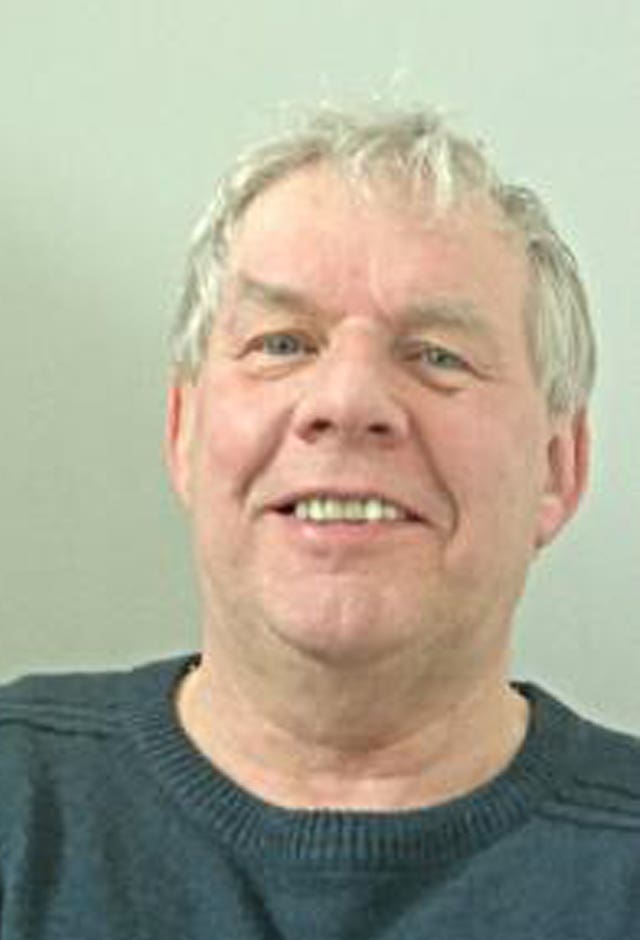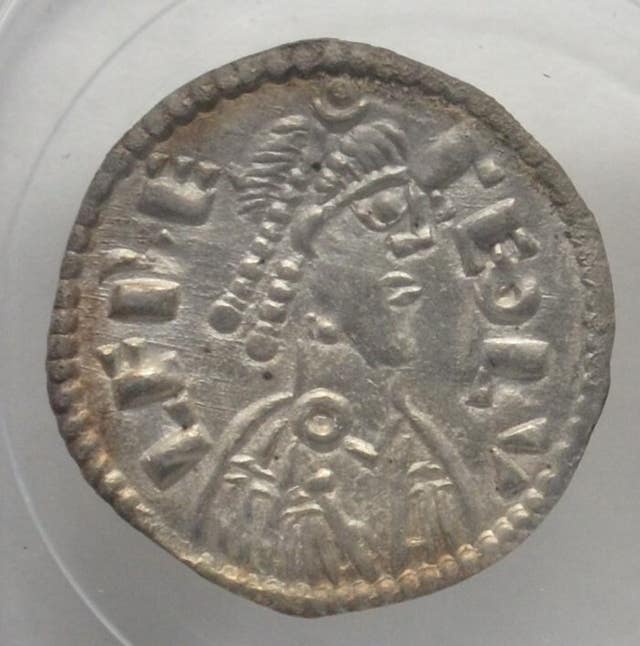Metal detectorist jailed for attempted rare coin sale ordered to repay £103,000
Roger Pilling, 77, from Loveclough, Lancashire, has three months to pay back what prosecutors said were his profits from the crime.
Watch more of our videos on ShotsTV.com
and on Freeview 262 or Freely 565
A metal detectorist who was jailed for trying to sell Anglo-Saxon coins to an undercover police officer he thought was an expert working for a wealthy American buyer has been ordered to repay £103,000.
The sentencing judge found that the 44 coins were part of a larger, undeclared find known as the Herefordshire or Leominster Hoard, which was discovered in 2015 and is worth millions of pounds, but which was also not declared.
Roger Pilling, 77, from Loveclough, Lancashire, has three months to repay the money or he could face another 12-month prison sentence.
He was convicted with a second man of conspiring to sell 44 ninth century coins worth £766,000 and jailed for five years and two months at Durham Crown Court in May 2023.

The coins, which were never declared as treasure, were believed to have been buried by a Viking and included two extremely rare examples of two-headed coins, showing Alfred of Wessex and Ceolwulf II of Mercia.
Pilling and his co-defendant Craig Best, 48, previously of Bishop Auckland, County Durham, tried to sell the coins to a real American collector, who contacted UK experts about how such rare pieces were available for sale, and police were called in.
Forty-four coins were recovered in the following sting operation but two – that Pilling claimed he had broken – were never found.
On April 24, Pilling was ordered to repay £103,000 after a confiscation order was granted at Teeside Crown Court.
He has three months to make the payment or he could face another 12-month prison sentence.

Adrian Foster, Chief Crown Prosecutor for the CPS Proceeds of Crime Division, said: “Roger Pilling intended to sell these rare and important coins for his own gain.
“He knew that these coins were stolen treasure and instead of choosing to report a crime, he chose to try and profit from it.
“The CPS worked with the police to value his criminal benefit from the attempted selling of these rare Anglo-Saxon coins, which should have been given to the Crown.
“The Confiscation Order set by the Judge reflects all the assets available to the defendants.
“We will always work to ensure that crime does not pay, and criminals cannot benefit from their ill-gotten gains.”
The coins were estimated to have been made between 874 CE and 879 CE.





